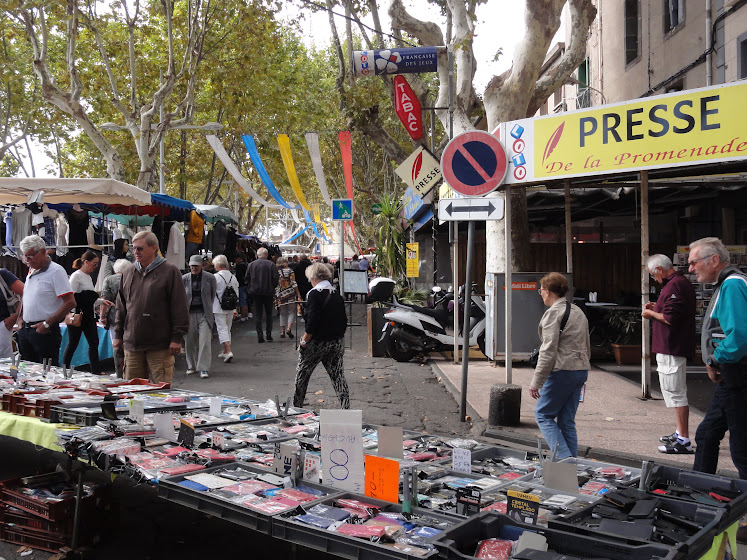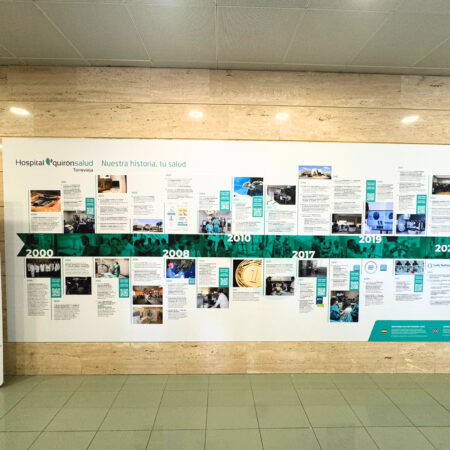A new study on the perception of European citizens about intellectual property, published this week by the European Union Intellectual Property Office (EUIPO), concludes that Europeans are increasingly aware of the risks and consequences of buying counterfeit products and accessing pirated content.
80% of Europeans believe that criminal organizations are behind counterfeits and believe that buying these products ruins businesses and destroys jobs. 83% of those surveyed also believe that this type of purchase supports unethical behaviour, with two-thirds seeing it as a threat to health, safety and the environment.
When it comes to piracy, 82% of Europeans agree that accessing digital content through illegal sources can lead to harmful practices, such as scams or content unsuitable for minors.
Despite these positive results, the study also shows that 1 in 3 Europeans (31%) consider it acceptable to buy counterfeit products when the price of the original is high, reaching half (50%) in the case of younger consumers, between 15 and 24 years old.
Moving from opinions to hard facts, 13% of Europeans say they have intentionally bought counterfeits in the last 12 months. This figure rises to 26% for people aged 15-24, twice the EU average, while it drops to 6% in the 55-64 age group and less than 5% among people 65 years or older.
At the national level, the proportion of consumers who have intentionally purchased counterfeits varies between 24% in Bulgaria and 8% in Finland. Apart from Bulgaria, the intentional purchase of counterfeits is above the European average in Spain (20%), Ireland (19%), Luxembourg (19%) and Romania (18%).
A lower price of genuine products remains the most frequently cited reason (43%) for not buying counterfeits. The risk of negative experiences (poor quality products for 27% of people, security risks for 25%, and penalties for 21%) is also a key factor for consumers to stop buying counterfeits.
Uncertainty regarding authenticity is also increasing. Almost 4 in 10 Europeans (39%) have ever wondered if they have bought a counterfeit product, while half of young people (52%) say the same.
The differences between Member States are also significant: while around a quarter of consumers in Denmark and the Netherlands (26%) were not sure if what they were buying was authentic or not, this figure rises to 72 % in Romania.
Europeans also have doubts about the legality of the sources they use to view content online: 41% wonder if the source they accessed through was legal or not.
In the words of the executive director of the EUIPO, Christian Archambeau, “understanding the perceptions of the public helps us to engage in a useful debate with both consumers and stakeholders, as part of our awareness and outreach activities”. He adds that this latest edition of the IP Perception Study brings new insights into how IPR infringement is perceived and highlights the need to support and protect consumers. He also confirms the positive developments regarding the awareness and availability of digital content from legal sources.
In general, Europeans are opposed to consuming pirated content: 80% say they prefer to use legal sources to access content online if an affordable option is available.
In fact, almost 9 out of 10 people are aware of at least one type of legal content offer in their country and, in the last year, more than 4 out of 10 Europeans (43%) have paid for a legal service to access, download or watch content protected by copyright by streaming.
However, a large majority of people surveyed (65%) find it acceptable to hack when content is not available on their subscription.
In addition, 14% of Europeans admit to having intentionally accessed content through illegal sources in the last 12 months. The percentage increases to 1 in 3 (33%) in the case of young people between the ages of 15 and 24. Piracy was used above all to watch sports broadcasts, through illicit streaming devices or applications.
The proportion of people accessing pirated content also varies by country, from 9% in Finland and Denmark to 22% in Malta.
Greater affordability and variety of content from legal sources are the most cited reasons for not opting for pirated content.
The post Spain in second place for buying counterfeit goods appeared first on Spain Today – Breaking Spanish News, Sport, and Information.











